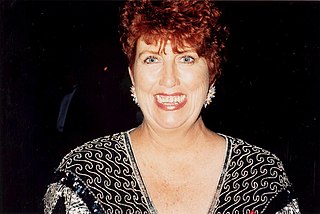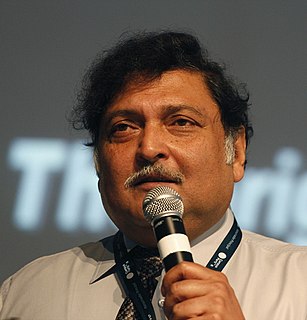A Quote by Peter Moskos
I'm not fond of ideologies. I don't like it when people have answers before they know the question.
Related Quotes
But in the end, science does not provide the answers most of us require. Its story of our origins and of our end is, to say the least, unsatisfactory. To the question, "How did it all begin?", science answers, "Probably by an accident." To the question, "How will it all end?", science answers, "Probably by an accident." And to many people, the accidental life is not worth living. Moreover, the science-god has no answer to the question, "Why are we here?" and, to the question, "What moral instructions do you give us?", the science-god maintains silence.
we all begin the process before we are ready, before we are strong enough, before we know enough; we begin a dialogue with thoughts and feelings that both tickle and thunder within us. We respond before we know how to speak the language, before we know all the answers, and before we know exactly to whom we are speaking.
Socrates himself said, 'One thing only I know, and this is that I know nothing.' Remember this statement, because it is an admission that is rare, even among philosophers. Moreover, it can be so dangerous to say in public that it can cost you your life. The most subversive people are those who ask questions. Giving answers is not nearly as threatening. Any one question can be more explosive than a thousand answers.
It's an important moment as a reader, I think, when you can forget the question of whether you need to know what happened. Some people really want hard explanations. I'm the other way. I like mysteries. I don't want to frustrate people. I don't want people to feel like they got no answers, but I want to approach the mystery and sit with it.
We should not be ashamed of not having answers to all questions yet... I'm perfectly happy staring somebody in the face saying, 'I don't know yet, and we've got top people working on it.' The moment you feel compelled to provide an answer, then you're doing the same thing that the religious community does: providing answers to every possible question.
Losing It Some days I think I'm losing my mind. What seems so clear most of the time becomes a big question mark. Am I really the way I percieve myself, or is the person others see the truth of me? I wait for answers, but inside I know I have to go out and find them. And answers like knowledge, are not always where we first look for them.

































